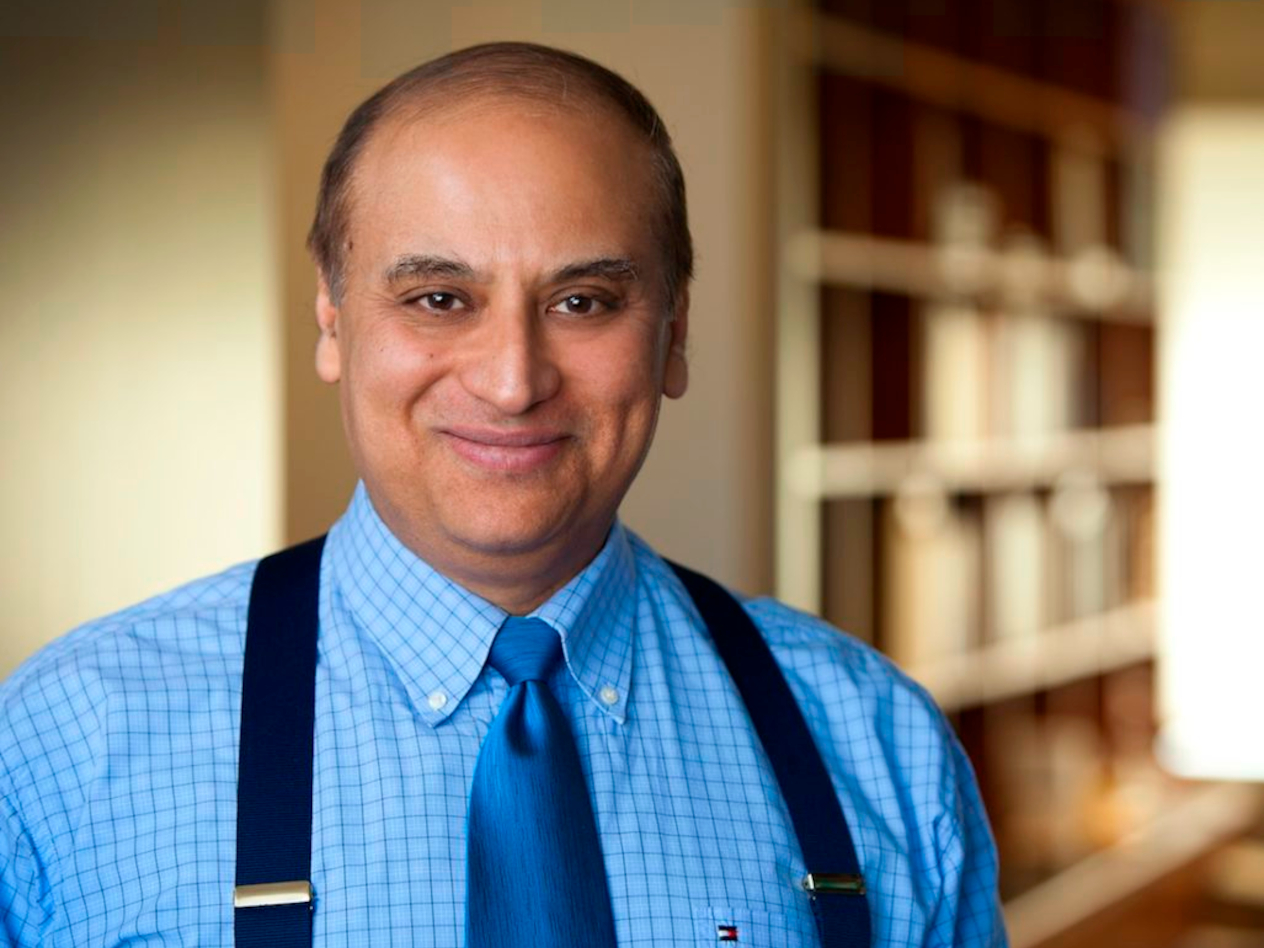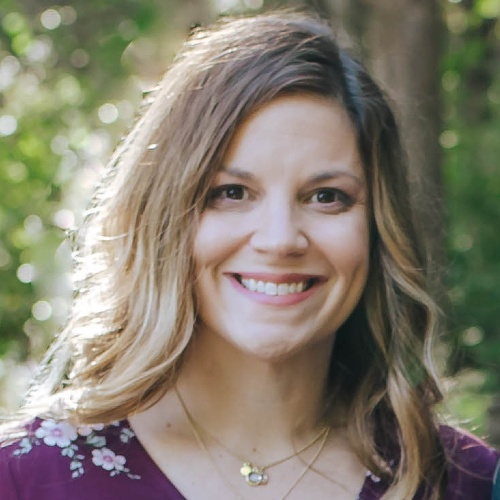Olin Expert: The importance of higher purpose, culture in banking
- February 7, 2024
- By Sara Savat
- 2 minute read

In a recent article published in the Journal of Applied Corporate Finance, WashU Olin's Anjan Thakor explains how having a strong culture and a sense of higher purpose influences banking performance and discusses a framework to diagnose an organization’s current culture and identify its preferred corporate culture.
Thakor, John E. Simon Professor of Finance and director of the Wells Fargo Advisors Center for Finance and Accounting Research, has researched and written extensively about the importance of corporate culture and higher purpose in banking over the years. But the idea that culture drives bank risk-taking and performance didn’t become mainstream until after the 2007-09 global financial crisis, Thakor said.
After the 2007-2009 financial crisis, many bank regulators — most notably Bill Dudley, president of the New York Federal Reserve Bank — were interested in the possible role that bank culture played in the decisions that banks made that may have contributed to elevated systemic risk in the economy and contributed to the crisis.
—Anjan Thakor
“I participated in many of the post-crisis conferences on this topic that were organized by the New York Fed and others. I have also been researching this topic, and talking to bank executives and directors about bank culture and its interaction with the bank’s purpose and strategy for the past decade or so, and particularly emphasizing the positive role of bank capital in this interaction.”
Today, most leaders would agree that culture — the shared values, beliefs, norms and knowledge that influence employee decision-making — is important to the organization’s bottom line. Strategy cannot be effective unless culture supports it, Thakor said.
Despite agreement on its importance, though, culture remains a somewhat nebulous concept. And because of this, diagnosing the organization’s culture and making a proactive effort to change it is a real challenge for leaders, Thakor said.
Read more of this story from The Source at Washington University.
Media inquiries
For assistance with media inquiries and to find faculty experts, please contact Washington University Marketing & Communications.
Monday–Friday, 8:30 to 5 p.m.
Sara Savat
Senior News Director, Business and Social Sciences
